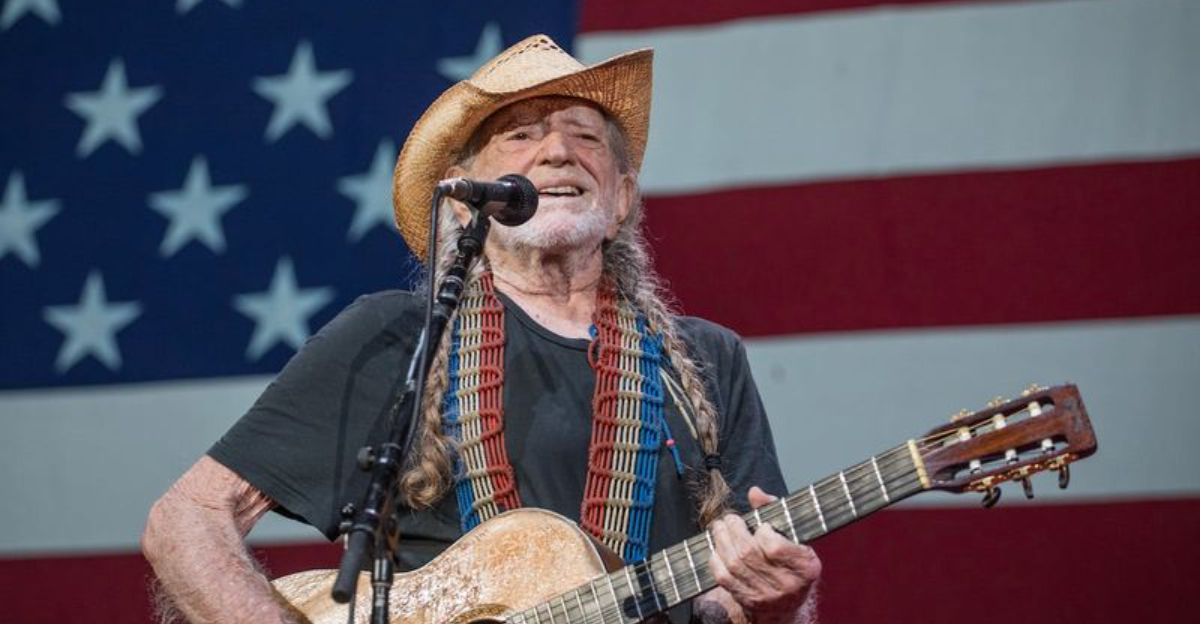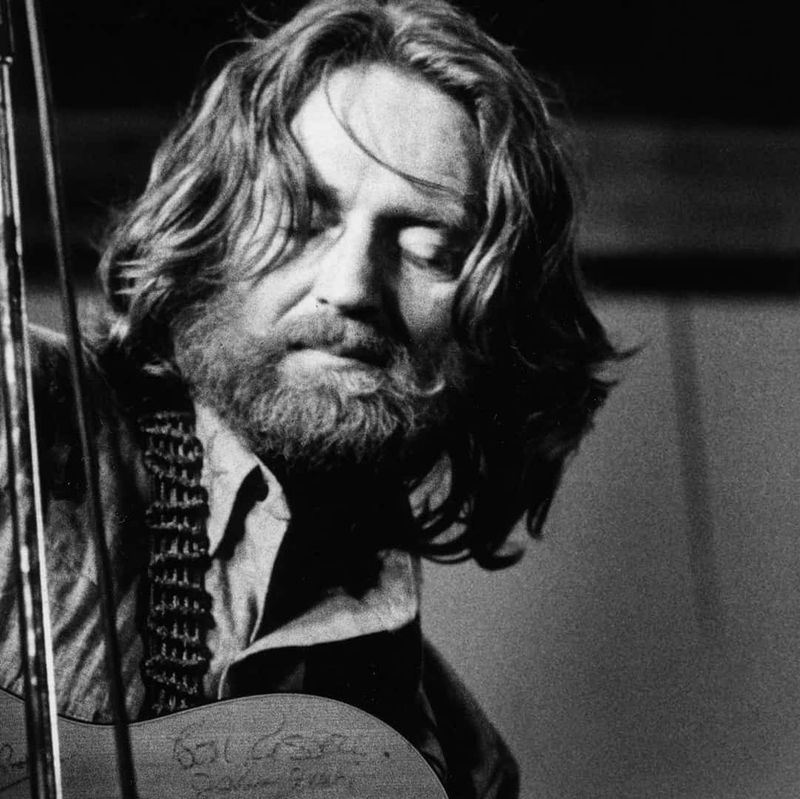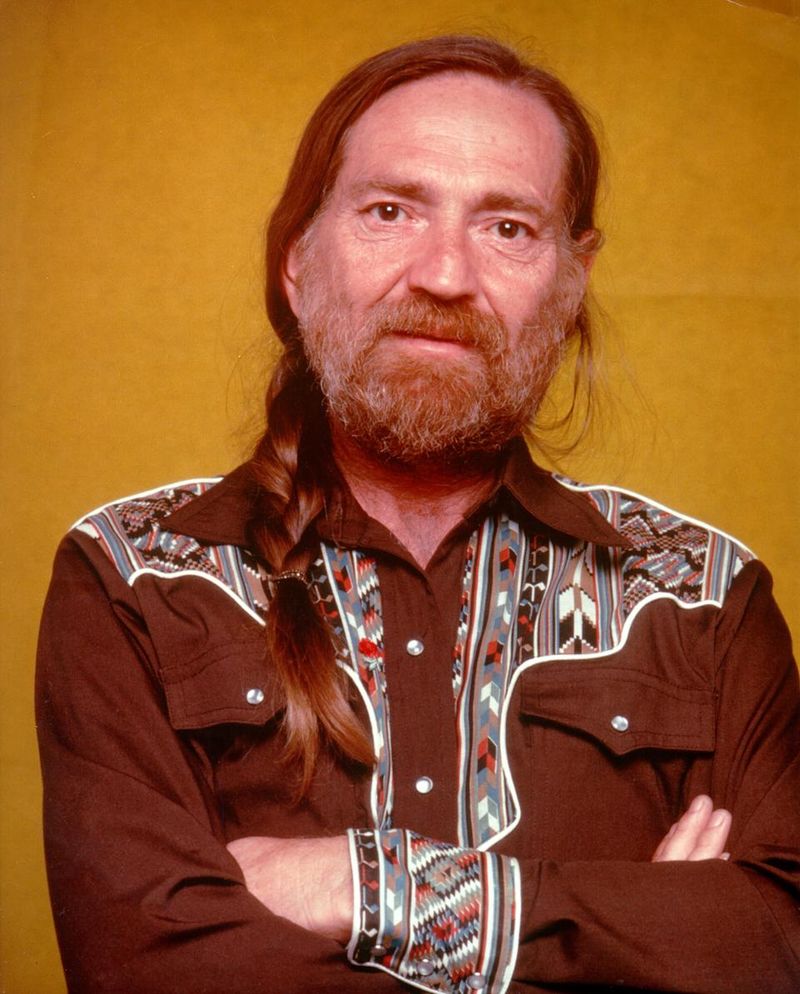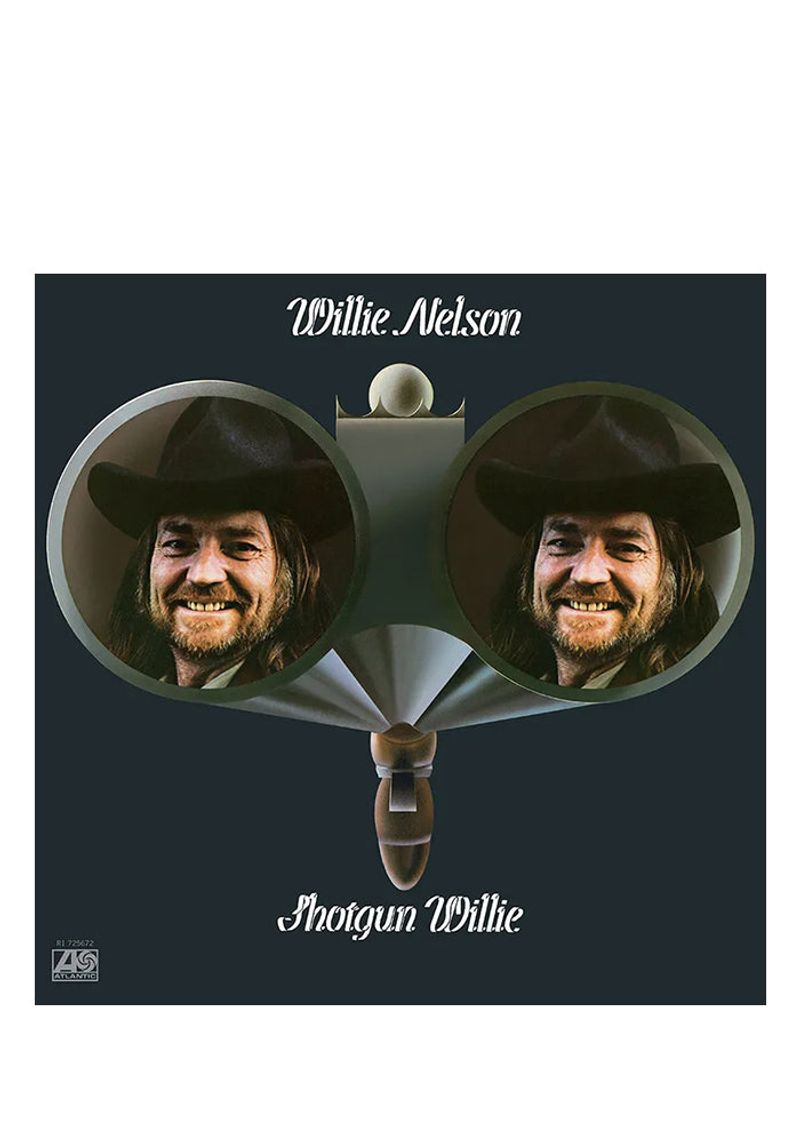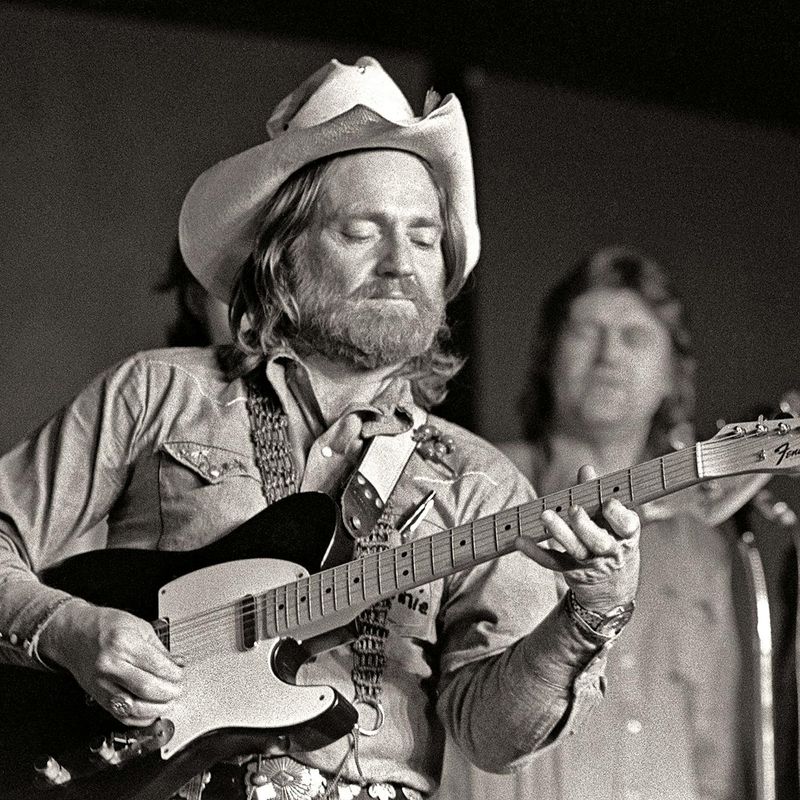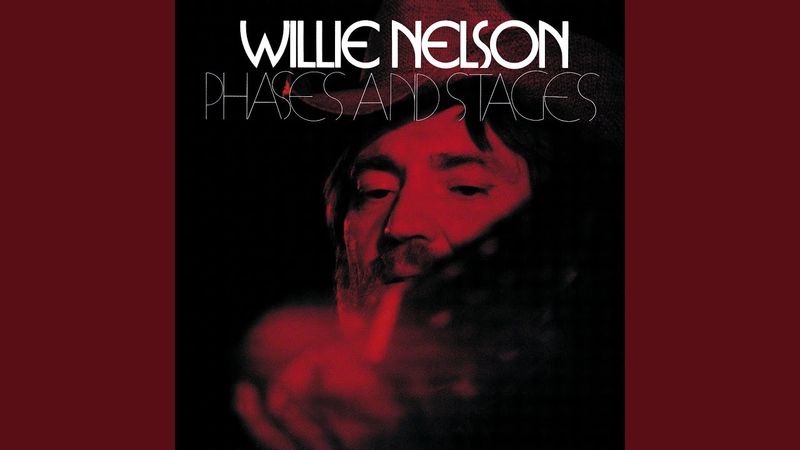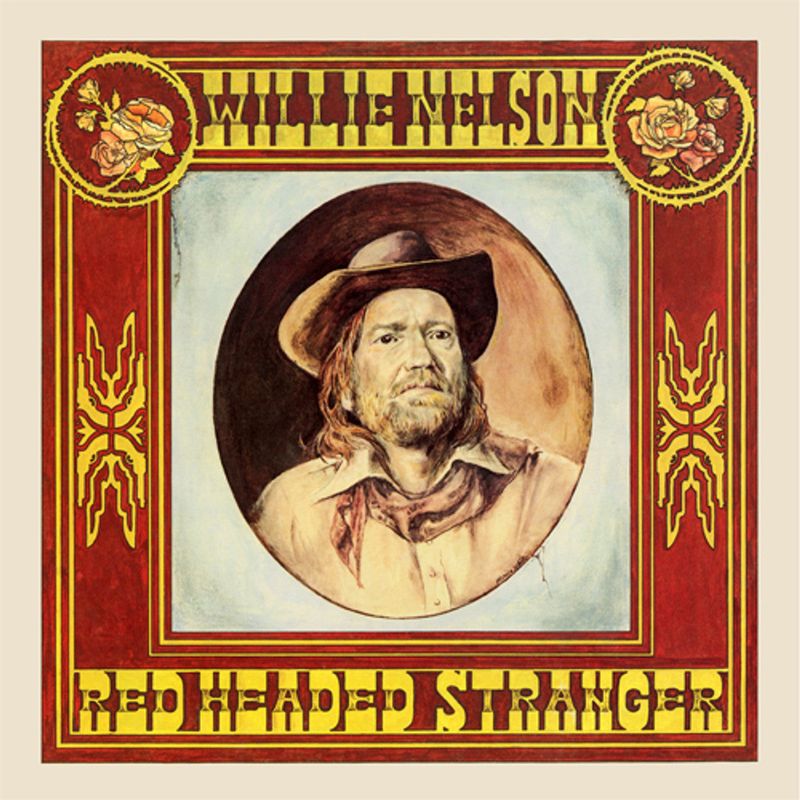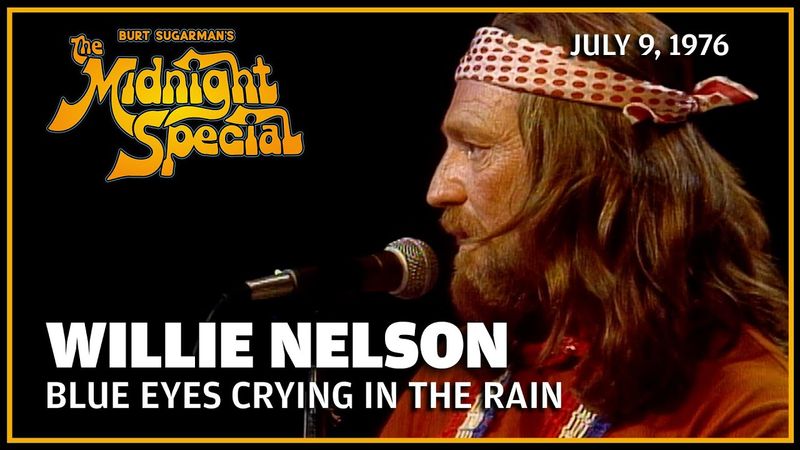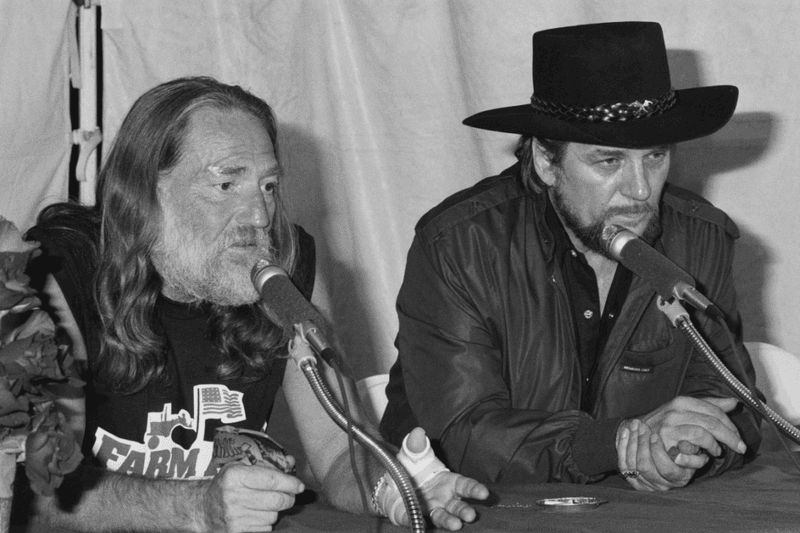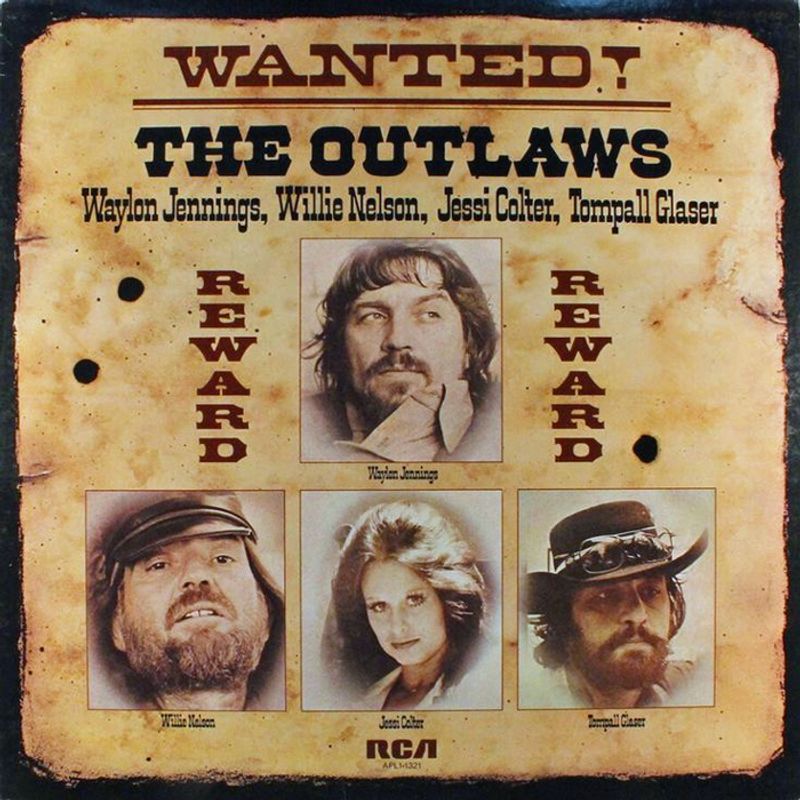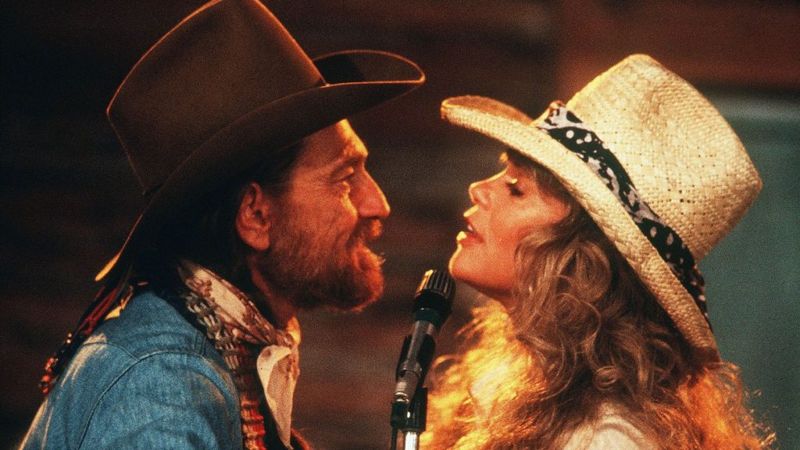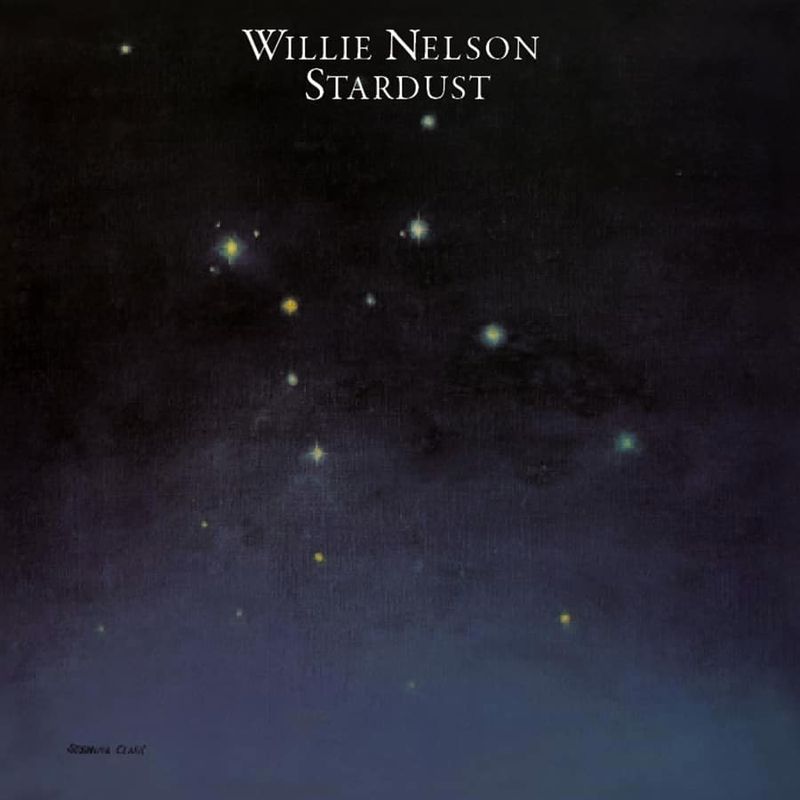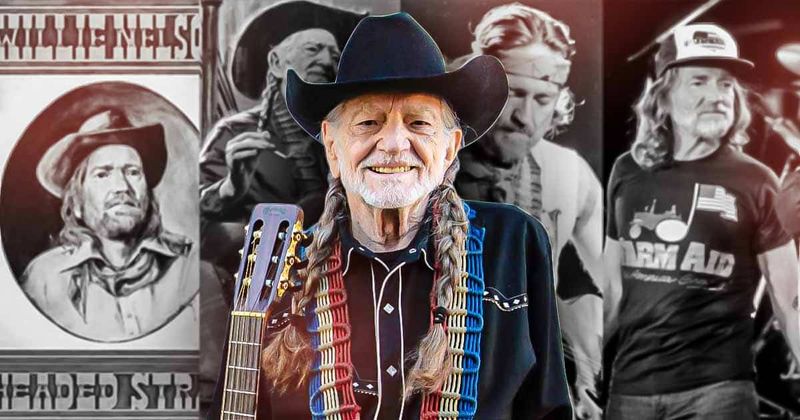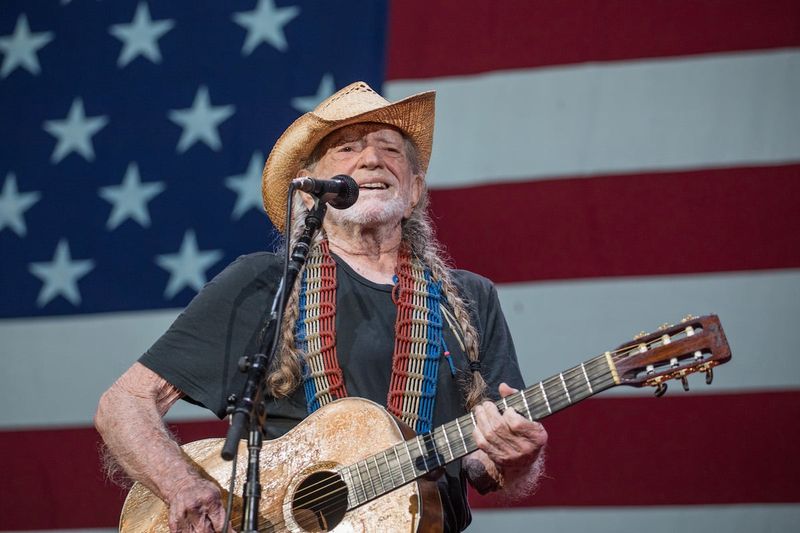The 1970s marked a pivotal chapter in Willie Nelson’s career, transforming him from a Nashville outsider into a national legend.
With his unique blend of outlaw spirit, poetic songwriting, and cultural crossover appeal, the decade laid the groundwork for his ongoing legacy. Here, we explore 19 key ways the ’70s turned Willie Nelson into a musical phenomenon.
1. He Left Nashville Behind
Willie Nelson’s decision to leave Nashville was a bold move that redefined his career. Frustrated with the constraints of the Music Row machine, he returned to Texas.
In doing so, Willie took control of his music, embracing a sound that was authentically his. This relocation allowed him to connect with a more diverse audience, setting the stage for his rise as a country music icon. Texas, with its rich musical heritage, became the perfect backdrop for Willie’s evolution, amplifying his distinctive voice and rebellious spirit.
2. He Grew Out His Hair and Ditched the Suits
The transformation of Willie Nelson’s image was as striking as his music. By growing out his hair and adopting a laid-back look, Willie shed the conventional country star image. His long locks and casual attire became trademarks of his brand and rebellion.
This shift resonated with fans who saw authenticity in his unconventional style. Willie’s new look wasn’t just a fashion statement; it was a declaration of independence from the mainstream. His appearance became as iconic as his music, making him a symbol of freedom and individuality.
3. “Shotgun Willie” (1973)
The release of “Shotgun Willie” in 1973 was a defining moment in Willie Nelson’s career. This album showcased a raw, gritty sound that was a departure from the polished Nashville standards. With tracks that were both funky and honest, Willie bared his soul through music.
The album’s authenticity struck a chord with listeners, earning critical acclaim and commercial success. “Shotgun Willie” was not just an album; it was a statement that Willie was here to stay, on his terms. Its impact was profound, marking the beginning of his ascendance as a musical pioneer.
4. He Found His People in Austin
The vibrant city of Austin became Willie Nelson’s musical sanctuary in the 1970s. Embracing the city’s unique blend of hippie and honky-tonk cultures, Willie found a community that resonated with his style.
The iconic Armadillo World Headquarters, a hub for eclectic music and cultural exchange, became his second home. This environment allowed Willie to experiment and perform without constraints, fostering creativity and collaboration. Austin’s open-minded atmosphere was a perfect match for his innovative spirit, enabling him to bridge musical divides and create a sound that was uniquely his own.
5. He Bridged Cultural Divides
Willie Nelson’s music in the 1970s was a unifying force, bringing together long-haired rockers and boot-wearing cowboys. His ability to bridge cultural divides made him a unique figure in the music world.
Willie’s inclusive approach and genre-blending sound created a space where fans from varied backgrounds could find common ground. This cultural crossover expanded his appeal beyond traditional country audiences, enhancing his reputation as a trailblazer. Through music, Willie Nelson proved that art could transcend societal barriers, uniting people with different tastes and lifestyles under one harmonious banner.
6. “Phases and Stages” (1974)
In 1974, Willie Nelson released “Phases and Stages,” a concept album that was both innovative and emotionally resonant. The album told the story of a breakup from both perspectives, offering a nuanced exploration of love and loss.
This creative approach to storytelling in music was groundbreaking, elevating country music to an art form. “Phases and Stages” showcased Willie’s gift for songwriting and narrative, capturing the human experience with sensitivity and depth. The album’s success further cemented Willie’s status as a musical innovator and solidified his transformative impact on the genre.
7. He Wrote Songs for Legends
The 1970s saw Willie Nelson’s songwriting prowess reach legendary status. His songs became hits for artists like Patsy Cline and Ray Price, solidifying his reputation as a masterful storyteller. Willie’s ability to craft lyrics that resonated emotionally set him apart as one of the most influential songwriters of his era.
His compositions transcended genres, appealing to artists and audiences alike. Through his songs, Willie wove tales that captured the complexities of life, love, and heartache, leaving an indelible mark on the music world and inspiring countless musicians.
8. “Red Headed Stranger” (1975)
The release of “Red Headed Stranger” in 1975 marked a daring turn in Willie Nelson’s career. This sparse, concept album told a compelling story through minimal instrumentation and haunting melodies. The album’s stripped-down sound was a risk that paid off, resonating with audiences and critics alike.
“Red Headed Stranger” became a massive hit, proving that less could be more in music. Its success challenged industry norms and showcased Willie’s artistic vision and courage. The album’s impact was profound, reinforcing his status as a pioneer willing to push musical boundaries.
9. “Blue Eyes Crying in the Rain”
“Blue Eyes Crying in the Rain” became Willie Nelson’s first No. 1 hit on the country charts, transforming his career. This poignant ballad captured the hearts of listeners with its tender lyrics and soulful delivery.
The song’s success was a game changer, elevating Willie’s profile and opening doors to new opportunities. Its emotional depth and universal theme of lost love made it an enduring classic, beloved by fans across generations. “Blue Eyes Crying in the Rain” highlighted Willie Nelson’s talent for connecting with audiences on a deeply personal level.
10. He Became the Face of Outlaw Country
Willie Nelson emerged as the face of the outlaw country movement in the 1970s, alongside legends like Waylon Jennings. This genre defied the polished norms of mainstream country music, embracing a rawer, edgier sound.
Willie’s role in this movement solidified his status as a rebel with a cause, challenging the industry’s conventions. His music and image resonated with fans who craved authenticity and grit. Willie’s influence spread beyond music, inspiring a cultural shift that celebrated individuality and defiance. His legacy as an outlaw country icon continues to inspire artists today.
11. The Outlaws Compilation (1976)
The release of “The Outlaws” compilation in 1976 was a landmark moment in country music history. Featuring Willie Nelson, Waylon Jennings, Jessi Colter, and Tompall Glaser, the album was the first country record to achieve platinum status.
This milestone highlighted the growing popularity and influence of the outlaw country movement. The compilation’s success underscored Willie’s ability to connect with audiences and push boundaries within the genre. “The Outlaws” became a symbol of rebellion and artistic freedom, cementing Willie’s position as a leading figure in country music’s evolution.
12. He Brought Jazz and Pop into the Fold
Willie Nelson’s music in the 1970s was characterized by his willingness to incorporate elements of jazz and pop. His unique phrasing and chord choices reflected his love for these genres, adding depth and complexity to his sound.
This genre-blending approach expanded Willie’s appeal and challenged traditional country music boundaries. His ability to seamlessly weave diverse influences into his music set him apart as a true innovator. By bringing jazz and pop into the fold, Willie enriched his musical repertoire and attracted a wider audience, solidifying his position as a versatile artist.
13. He Starred in Movies
Willie Nelson’s foray into acting in the late 1970s expanded his fame beyond the music world. His film roles showcased his natural charisma and versatility, endearing him to audiences in a new way. Willie’s presence on screen brought his larger-than-life personality to life, capturing the hearts of moviegoers.
Acting offered him another avenue to connect with fans, broadening his appeal and solidifying his status as a multifaceted entertainer. Through film, Willie demonstrated that his talents weren’t confined to the stage, proving himself as a true renaissance man of the entertainment industry.
14. “Stardust” (1978)
In 1978, Willie Nelson released “Stardust,” an album of pop standards that defied expectations. Critics were baffled by this departure from traditional country music, but the album became a commercial and critical success.
“Stardust” showcased Willie’s ability to reinterpret classic songs with his distinctive style, bringing a fresh perspective to familiar tunes. The album’s success reinforced Willie’s status as a musical innovator unafraid to take risks. “Stardust” remains a testament to his artistic vision and ability to transcend genre boundaries, further cementing his legacy as one of music’s great icons.
15. He Reinvented the Country Ballad
Willie Nelson’s approach to country ballads in the 1970s brought a new level of intimacy and emotion to the genre. His stripped-down style emphasized heartfelt lyrics and soulful delivery, resonating with listeners on a profound level.
Willie’s reinvention of the country ballad showcased his ability to convey deep emotions with simplicity and grace. His performances drew audiences in, creating a personal connection that transcended the music itself. Through his innovative take on ballads, Willie elevated the art of storytelling in country music, leaving a lasting impact on the genre.
16. He Built a Loyal Fan Base
Willie Nelson’s open-minded and genre-bending attitude in the 1970s helped him build a loyal fan base that spanned generations. His ability to connect with audiences through authenticity and innovation earned him lifelong fans.
Willie’s willingness to push boundaries and embrace diverse musical influences resonated with listeners who appreciated his fearless approach. This loyal following became a cornerstone of his enduring success, supporting him through various phases of his career. Willie’s relationship with his fans was one of mutual respect and admiration, fostering a sense of community that endures to this day.
17. He Became a Touring Machine
The 1970s saw Willie Nelson transform into a touring machine, renowned for his unforgettable live shows. His performances were known for their warmth, humor, and endurance, captivating audiences night after night.
Willie’s dedication to touring allowed him to connect with fans across the country, building a reputation as a dynamic performer. His energetic concerts became legendary, drawing diverse crowds eager to experience his music firsthand. Through relentless touring, Willie solidified his status as a beloved live performer, further enhancing his legacy as one of country music’s most enduring icons.
18. He Proved Labels Wrong
Throughout the 1970s, Willie Nelson defied industry labels and proved doubters wrong. Many in the music industry questioned his shift in style and approach, but Willie continued to break records and exceed expectations.
His success in the face of skepticism showcased his unwavering confidence and determination. Willie’s ability to innovate and adapt set him apart as a trailblazer, challenging conventional wisdom and redefining what country music could be. His willingness to take risks and trust his instincts made him a role model for aspiring artists, proving that authenticity and perseverance could lead to greatness.
19. He Showed That Country Could Be Art
Willie Nelson’s work in the 1970s demonstrated that country music could be a profound art form. Through concept albums, boundary-pushing sounds, and poetic lyrics, he elevated the genre to new heights.
Willie’s innovative approach to music challenged traditional perceptions, proving that country could be as deep, cool, and respected as any other genre. His dedication to artistic expression inspired a new generation of musicians to explore the creative possibilities within country music. By showing that country could be art, Willie Nelson left a lasting legacy that continues to influence artists and shape the music industry.
